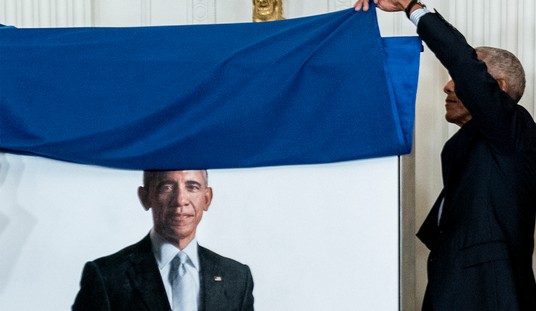Much will be written on Katha Pollitt’s “abortion is normal” movement. I’m sure I will write more on it later after I at least read some of the book. But for the moment, here’s one thing that caught my eye in her introductory article in The Nation:
Roe v. Wade gave women a kind of existential freedom that is not always welcome—indeed, is sometimes quite painful—but that has become part of what women are.
One thing Roe v. Wade didn’t do, though, was make abortion private.
…Justice Harry Blackmun’s majority opinion in Roe v. Wade was all about privacy, but the most private parts of a woman’s body and the most private decisions she will ever make have never been more public.
And why is that? She seems to blame terrible conservatives and their abortion-clinic regulations, which is a tenuous claim. Why wouldn’t those like Pollitt who want abortion accessible for women to be able to use as they see fit prioritize safe clinics? The regulations are about safety, which of course restricts access. Even if abortion is completely normalized, it’s not as simple as, for instance, trips to the health spa.
As for the privacy problem, isn’t that more a result of in-your-face-feminism? A few weeks ago, a mother got furious with her child’s 2nd grade teacher for not accepting her vagina cookies for the class. In trying to normalize everything about women’s biology there are famous plays—which Camille Paglia correctly notes should actually be the vulva monologues—free bleeding protests, vulva art, vaginal discharge performance art, free birth reality TV, and a #freethenipple series of protests. (Yes, the vulva art project is really called The Great Wall of Vagina, again misnamed as it is casts of vulvas. I linked to the Ta Ta top for #freethenipple because I loved the selling point about looking like you are exposing yourself “while preserving your modesty.” Also, I’m pretty sure the Paglia vulva comment is from the above video of Paglia speaking about the women of Shakespeare about two months ago, which was far more interesting and informative than any of these publicize-to-normalize moves.)
One of the many articles after the most recent Facebook vs. breastfeeding mothers clashes last week unintentionally summed up the problem: [emphasis mine] “But until we mums feel we no longer have to defend our right to publish photos of us breastfeeding…”
Post-second wave feminism women do not want privacy. They want everyone to know exactly what their body does and what choices they make. They simply want everyone to approve.










Join the conversation as a VIP Member